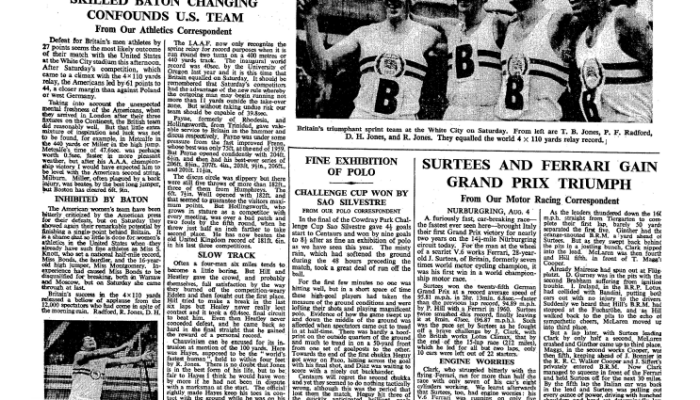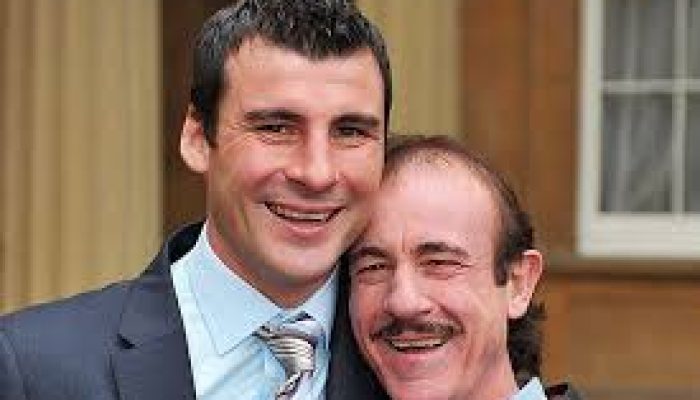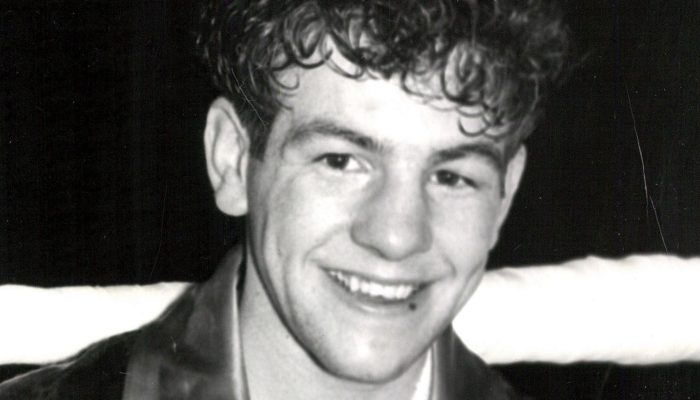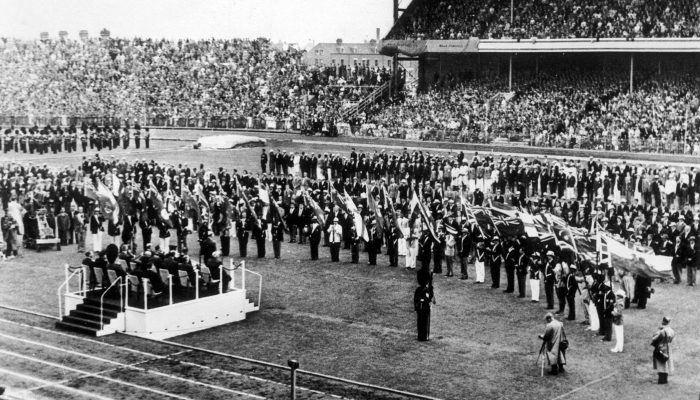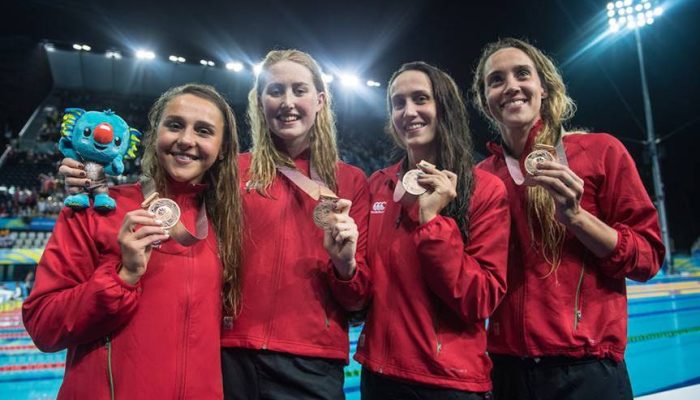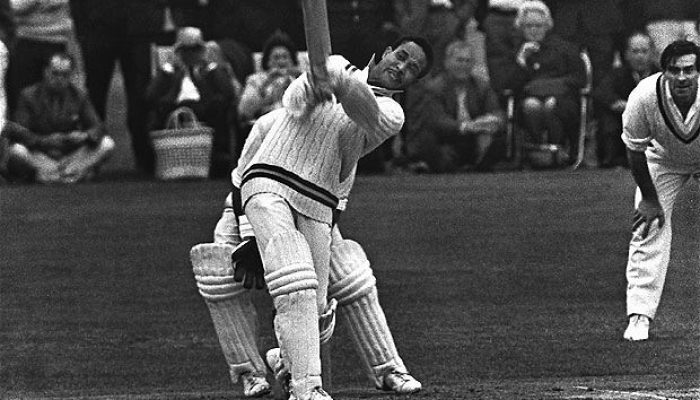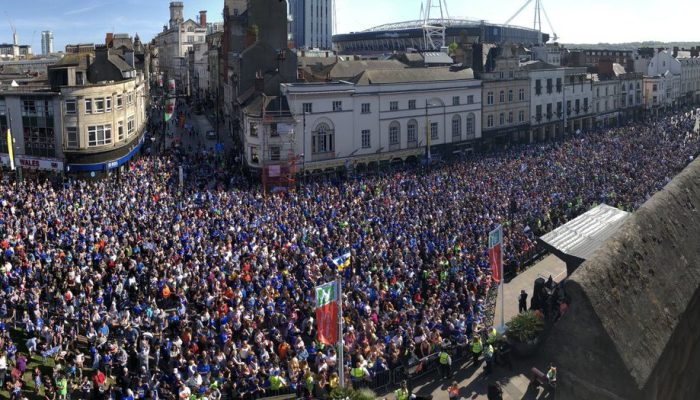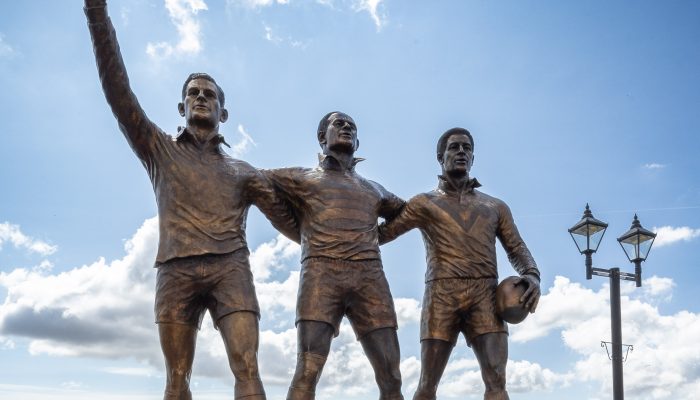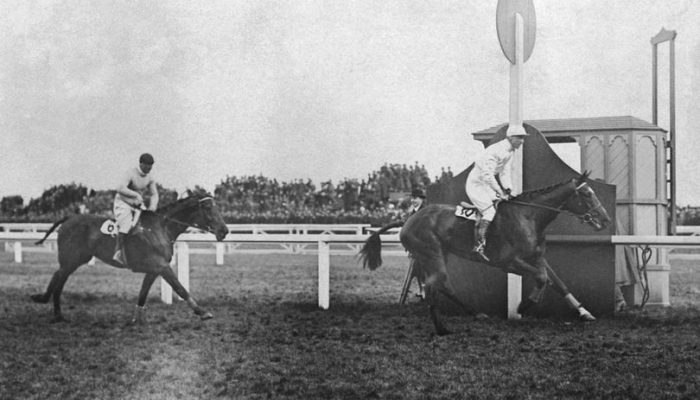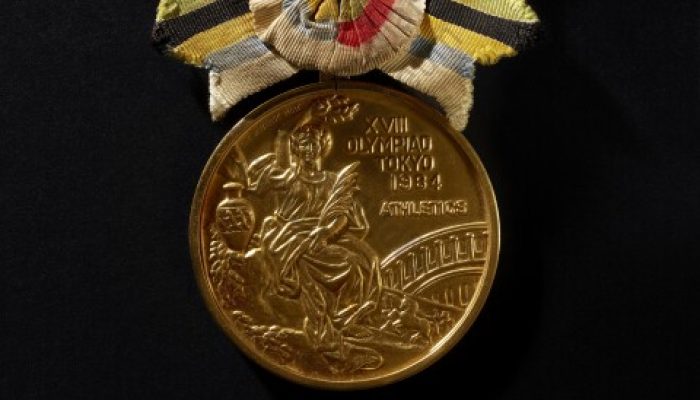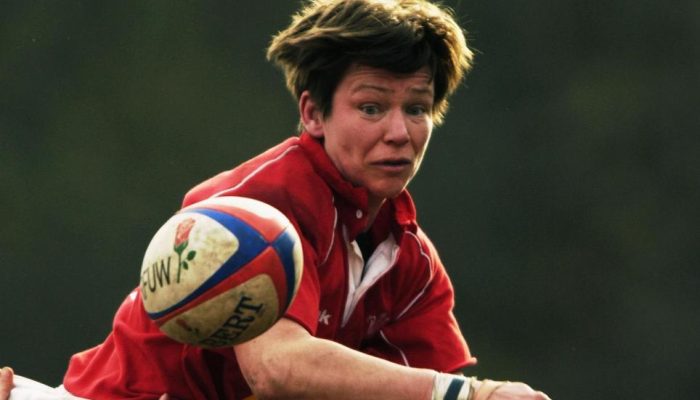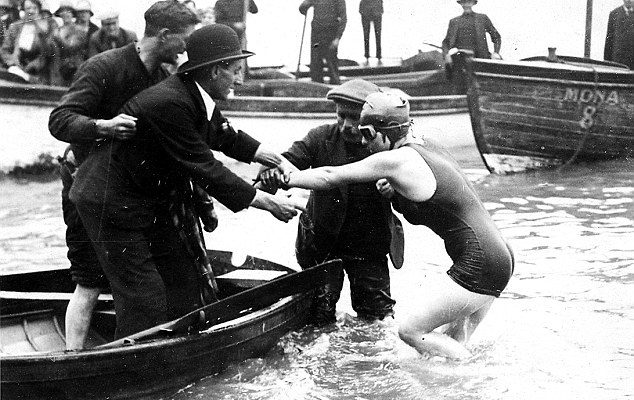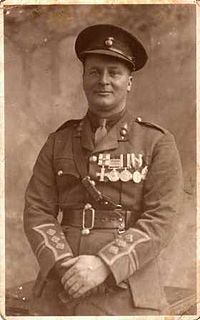
George Latham
George Latham coached Cardiff City during their greatest period of success between 1911 and 1936. They reached the FA Cup final in 1925, became the first team to take the FA Cup out of England with a 1-0 win over Arsenal in 1927 and only missed out on the League Championship by goal difference.
Born and raised in Newtown, he played for his home town team, Wrexham, Liverpool, Southport and Cardiff City, and played 10 times for Wales. His Wales debut came against Scotland in 1905 when Maurice Parry, his Liverpool teammate, had to withdraw from the Wales squad as Liverpool needed his services in the League the day after the international. Latham’s last international on 18 January, 1913, was against Ireland in Belfast. He had travelled with the team as trainer, but ended up playing at right-half in a single goal victory. He also managed the British team at the 1924 Olympic Games.
At the outbreak of the Boer War he joined the Volunteer Company of the 24th South Wales Borderers and was actively engaged for 14 months. His company joined Lord Roberts, and took part in engagements at Zand River, Brandfort and Potchefstroom and marched through Bloemfontein to Johannesburg, and then on to Pretoria. He played football at the Cape, and played at outside right for a team known as the Docks. His club were runners-up in the League, and he also played in the England v Scotland and Mother Country v Colonials matches.
On his return from South Africa he began playing for Newtown at the start of the 1901-02 campaign. His performance in the Welsh Cup clash with Wrexham earned him a trial with Everton, but instead he decided to return to South Africa. He played again on the Cape before returning once more to England and launched an amateur career at Liverpool in the 1902-03 season. He turned professional the following season and launched his 10 cap international career with Wales. He stayed on at Merseyside for seven years, but he only played 18 times for the first team during that period. He moved to Southport in 1909, before joining Stoke City in 1910 and Cardiff in 1911.
In WW1, Latham was a Captain in the 7th Royal Welsh Fusiliers, which turned out to have a very useful football team which won the British Forces Football League Cup in 1919. Latham was awarded the Military Cross for his gallantry on the Turkish front in 1917 and the Bar in 1918 for further bravery.
2nd Lieutenant (Temp Lieutenant) George Latham Royal Welch Fusiliers
London Gazette 16 August, 1917 (Awarded Military Cross)
For conspicuous gallantry and devotion to duty. After taking part in the final assault of the enemys position, he pushed forward with the remainder of his platoon and men of other units, under heavy machine gun and rifle fire, and cleared and consolidated a position of great tactical value. With the help of another officer he captured a number of enemy staff and prisoners, showing exceptional capabilities and great gallantry throughout.
Lieutenant George Latham MC R Welsh Fusiliers
London Gazette 16 July, 1918 (Awarded a Bar to the Military Cross)
For conspicuous gallantry and devotion to duty. When our line had been penetrated on the right flank, he at once went to the spot and helped to rally the men of various units. Shortly afterwards, during a fog, the enemy appeared within a few yards, and he personally led forward a portion of these troops against them, and succeeded in driving them back, accounting for several of the enemy himself.
He became the oldest League debutant in Cardiff’s history when he was 41, being forced into emergency service at Blackburn on 2 January, 1922, when two of Cardiff’s players were taken ill. He went on to coach the British Olympic team at the 1920 Games in Antwerp and also acted as the trainer at Chester City for a season. A Cardiff City Cup final souvenir in 1927 described Latham as “probably the most popular and best loved man in football.” As a sign of respect for him in his hometown after his death, Newtown A.F.C.’s stadium, Latham Park, was named after him.
George Latham (Footballer and Coach) Born in Newtown on 1 January, 1881; Died in Newtown on 9 July, 1939.


